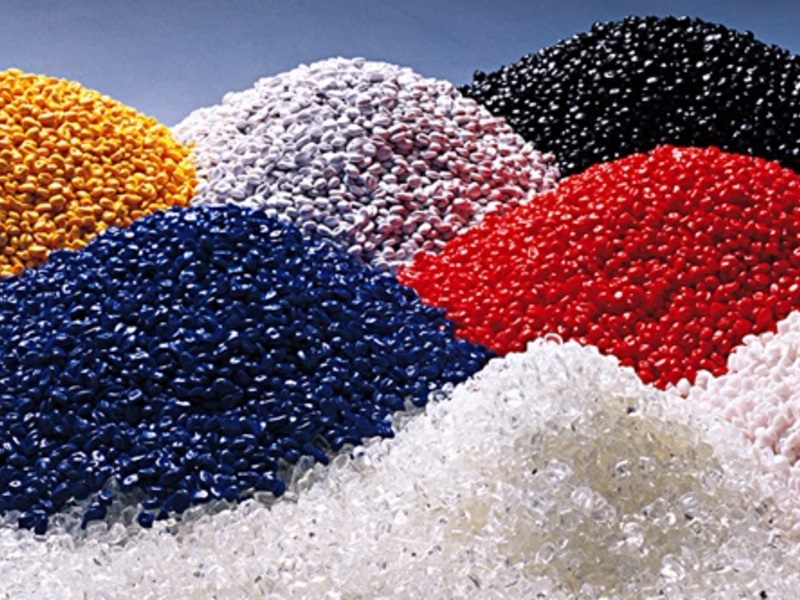BPA (bisphenol A.) is a very important industrial chemical used to make resins and plastics since the 1950s and 60s. BPA is heavily found in epoxy resins and polycarbonate plastics. Therefore, one must always look out for boxes that can be claimed BPA free is (BPA Free คือ, which is the term in Thai).
-
Usage Of Polycarbonate Plastics:
People use polycarbonate plastics to store beverages and food, and these also get used in many other consumer goods.
-
Usage Of Epoxy Resins:
These are used in coating the inside part of the metal products such as bottle tops, food cans, water supply lines, etc.
There have been multiple types of research that claim that BPA can come inside the food or beverages very easily from the containers, which are primarily made of BPA. Getting exposed to BPA is not a very healthy sign as there could be multiple health adverse effects of the BPA on the brain, prostate glands, and it majorly hits infants and children. This is why when buying containers, one should always look out for the ones who have the tag BPA free is.
Here are the necessary steps one should take when they are concerned about BPA:
A: BPA Free Products:
One should go for the products which are BPA free, and the good part is that the market out there is flooded with such kind of products. All you have to do is, look out for products which are labeled as ‘BPA-Free’. Also, keep in mind that the majority of the plastics which have a recycle code 3 or 7 are the ones that are generally made of BPA.
B: Reduce Consumption of Canned Food:
One will always benefit when reducing canned food. This is because the canned food has BPA in them, which could be hazardous to health.
C: Avoid Heating:
National Institute of Health has advised putting the products made up of polycarbonate plastics into the dishwater. This is because the plastic of these products may break down over time. This will eventually give room for BPA to leach onto all the food and spoil it thoroughly.
It is generally infants and younger generation which has been researched to have the highest exposure to BPA level as many of the bottles they sip from have BPA in them. Hence, one should look for alternatives to avoid the consumption of BPA.







